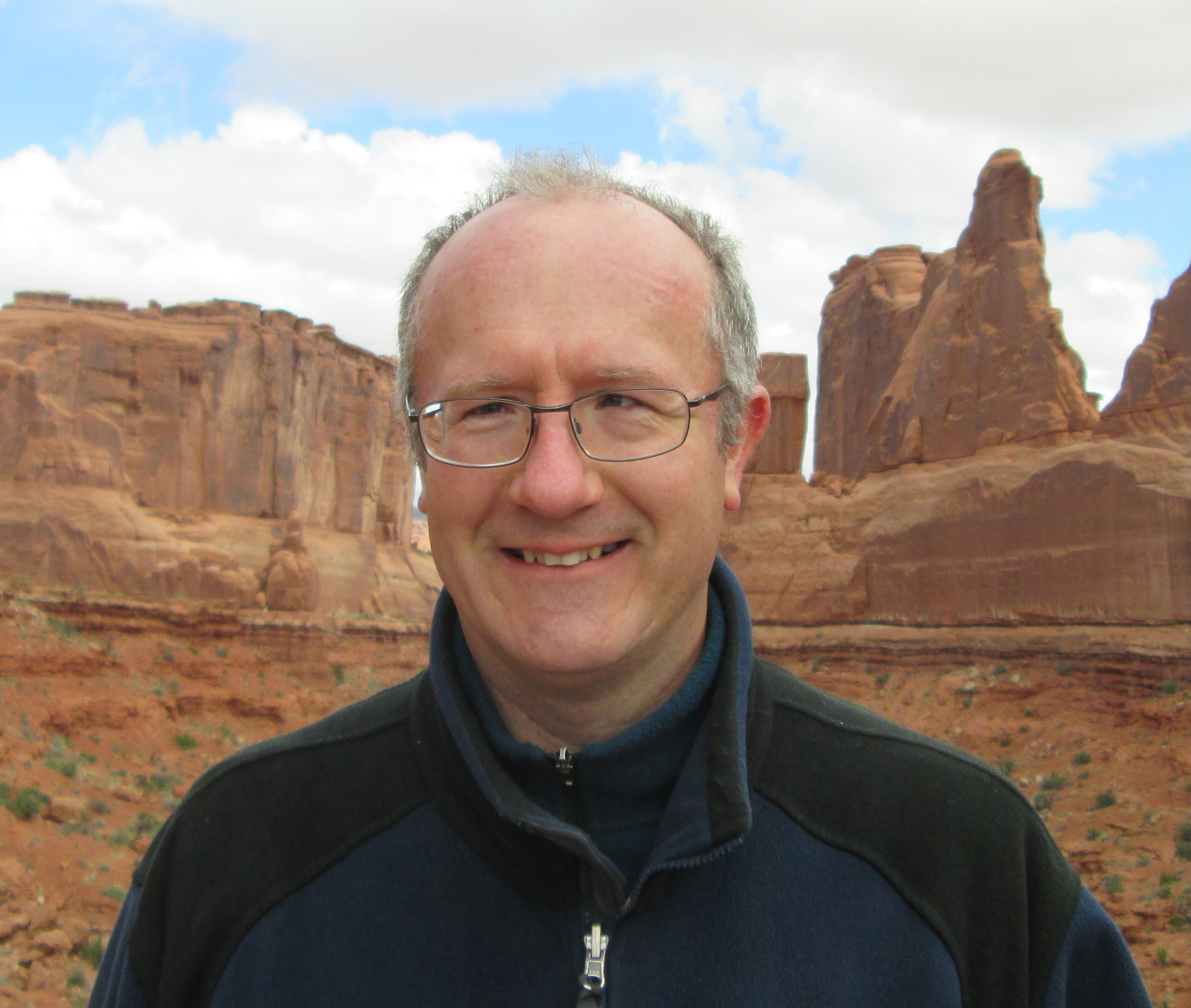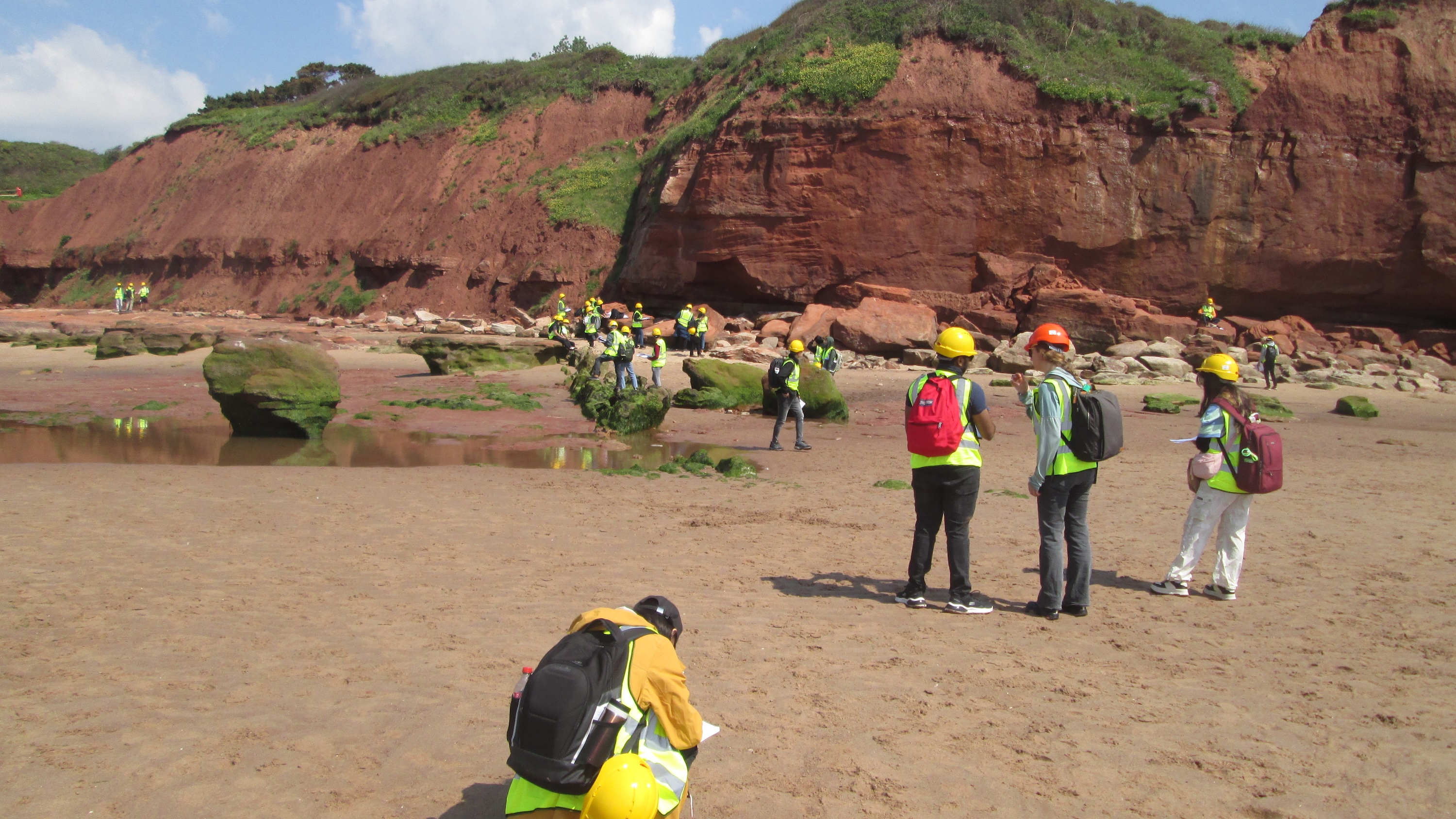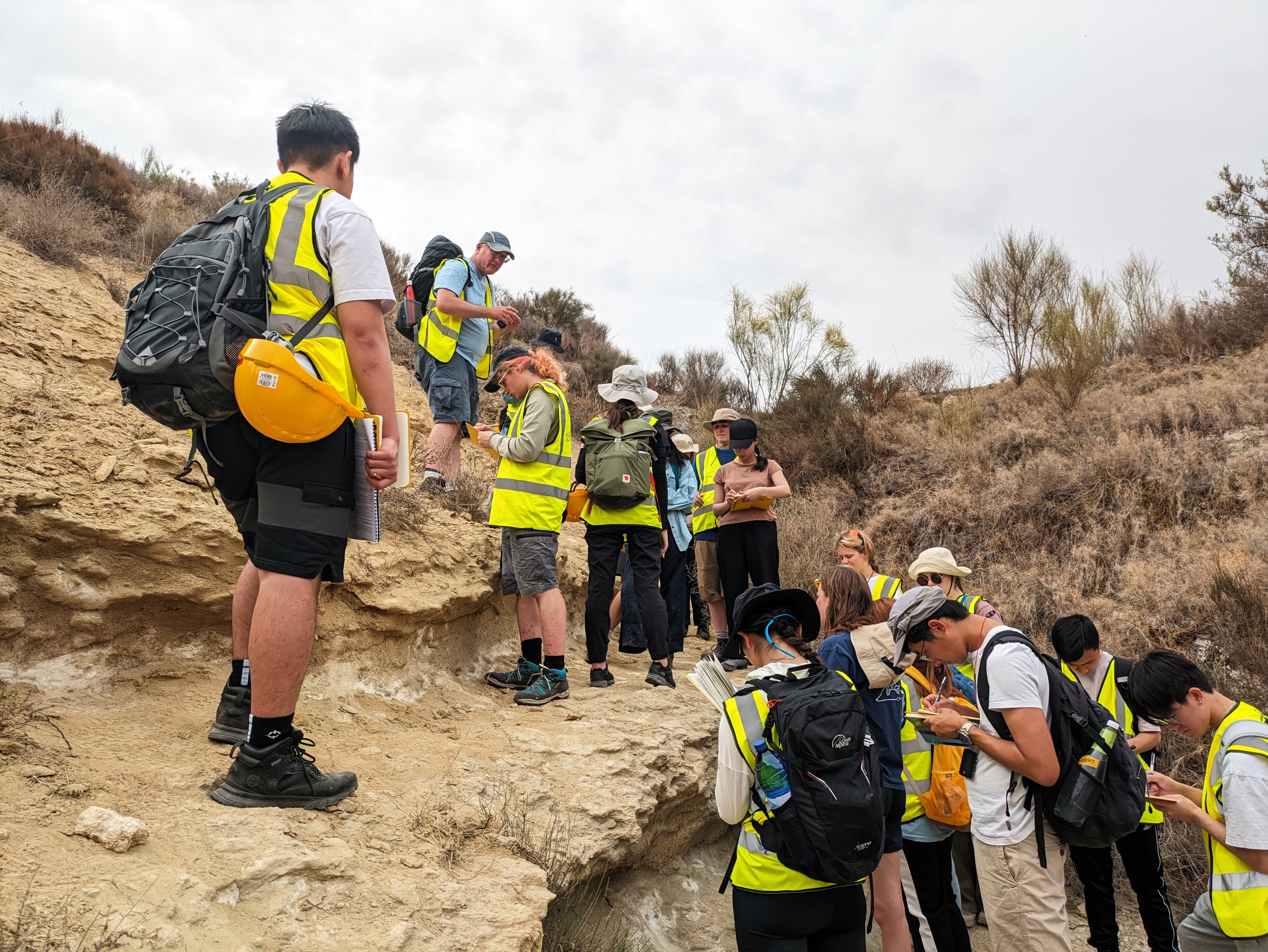When it comes to learning, there’s no substitute for experiencing the real thing, says keen explorer Professor Gary Hampson.
Words: Kat Brown / Photography: Angela Moore
 Professor Gary Hampson has been keen on expeditions for as long as he can remember. As a child, fascinated by history and science, he spent family holidays organising his own trips. “I clearly remember dragging my parents and my brother around Hadrian’s Wall,” he says. “I was really into the Romans too.”
Professor Gary Hampson has been keen on expeditions for as long as he can remember. As a child, fascinated by history and science, he spent family holidays organising his own trips. “I clearly remember dragging my parents and my brother around Hadrian’s Wall,” he says. “I was really into the Romans too.”
However, his first official field trip, at 18, was to the Isle of Arran, off Scotland’s west coast. “It was lovely,” he says, “although the weather was absolutely terrible. We had a week of horizontal rain.” But despite the wet, the trip made a lasting impression. “Field trips are essential in my view. Things that can seem fairly dry and abstract in a lecture theatre come to life because in the field you have an example right there in front of you.”
Hampson has seen this for himself on an epic scale in Utah, a place he has explored repeatedly over his career, firstly as a PhD student, and subsequently in his own work. “It’s an amazing place in terms of the landscapes. I wouldn’t claim to be a hardcore explorer, but it’s easy to imagine that you are when you’re in a landscape like that. The people you’re with might be the only ones you see that day. You go to some places and the cliffs are hundreds of metres high. You can literally trace things out for tens of kilometres. You really get to things at a scale that is almost unimaginably huge.”
Having the capacity to appreciate work on a micro as well as macro level helps Hampson to remain grounded. When he became Director of Undergraduate Studies last year, he started taking a broader range of students on field trips. As well as undergraduates, this has included Master’s students, often from an engineering background, who are coming to geology cold. “They ask questions and make observations that they might think are stupid or basic, but they’re really fundamental,” he says. “They challenge you to explore some of your own assumptions.”
In recent years, the expense of field trips has become a live issue for the Geology department and has proved to be a barrier to entry for some of its students. “You do need to be well equipped for the field, otherwise it can be a pretty miserable experience,” he says. “Over the years, we’ve become a bit more aware of the barriers.” Now the Department offers bursaries for equipment, field trip costs, accommodation and food so that every student can enjoy the opportunity to explore their subject in a live setting.

While Hampson drily observes that trips to Spain or to the Appenines in Italy are “an easier sell” than those in the UK, any outing provides a valuable connection between students and their subject. “While the UK maybe doesn’t sound so attractive, they are seeing things in the landscape they hadn’t appreciated might be there before,” he says. “It can be truly transformative.”

The Dean’s Fund creates new opportunities that kindle scientific curiosity, spark groundbreaking research and support the scientific leaders of tomorrow. Support its work and enable more students to undertake field trips.
Professor Gary Hampson is Professor of Sedimentary Geology.